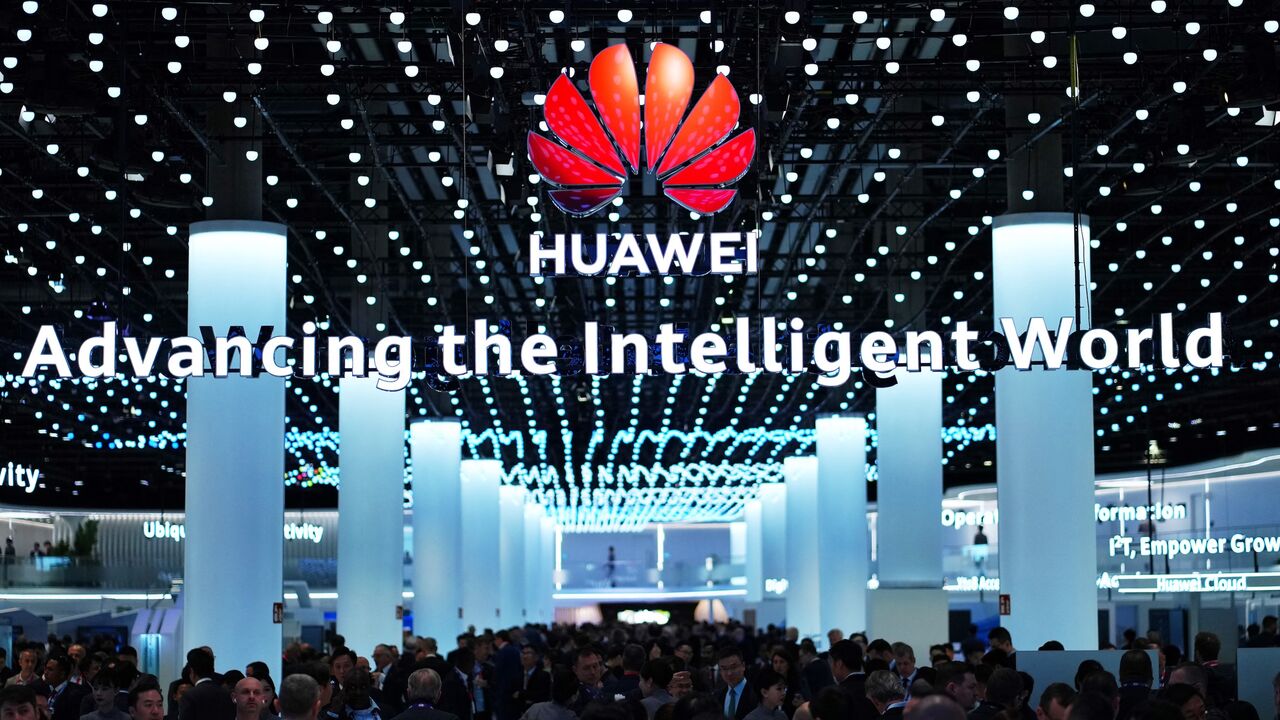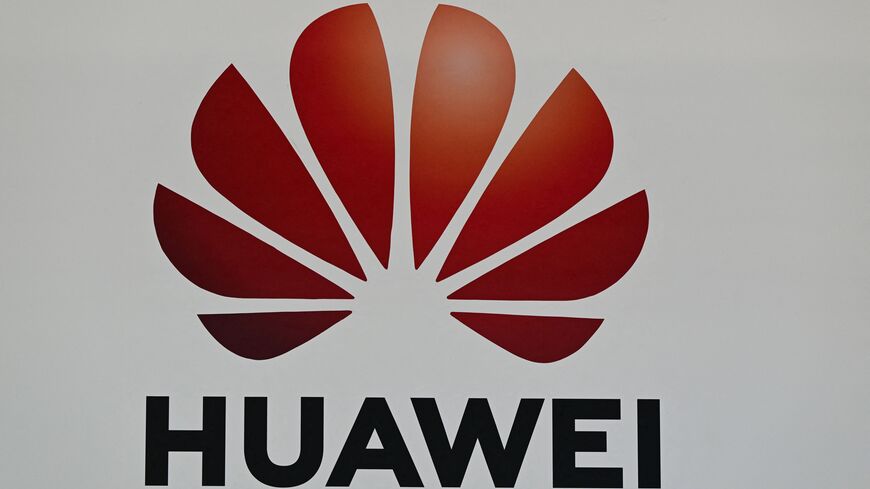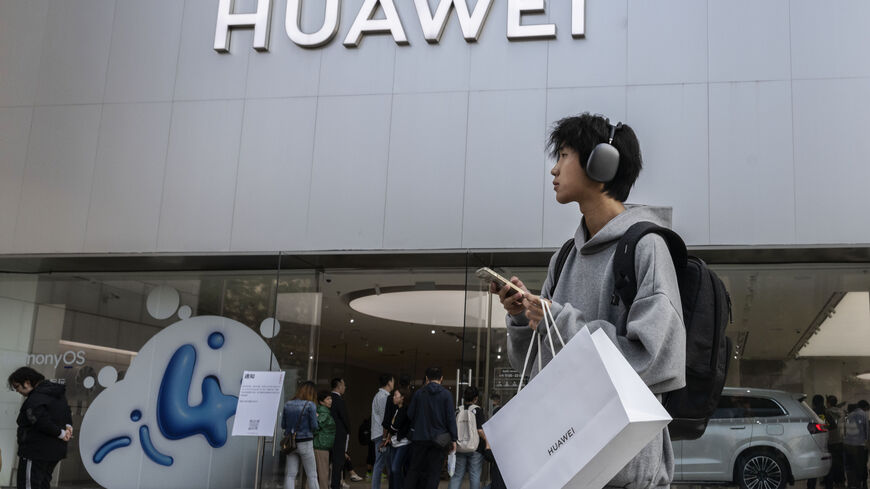Huawei launches Egypt public cloud service as China ties grow
Last September, Huawei announced that it would pump $430 million into North Africa to build the firm's first cloud center there as well as train thousands of developers and tech specialists.

Huawei Technologies has launched an Arabic large language model (LLM) and Egypt’s first public cloud service in Cairo, the Chinese telecoms giant said in a statement Tuesday, as the company continues to grow its artificial intelligence footprint in the region.
The announcements were made at the Huawei Cloud Summit on Tuesday in Cairo. The Cairo region brings Huawei Cloud’s total number of regions to 33 globally.
Huawei has been quickly increasing its presence in the Middle East and North Africa. Last September, it opened a cloud data center in the Saudi Arabian capital Riyadh. In February 2023, the Chinese telecoms giant said it would invest $400 million in the kingdom's Huawei cloud region over the next five years.
In September last year, Huawei announced that it would pump $430 million into North Africa to build the firm's first cloud center there as well as train thousands of developers and tech specialists.
The new Cairo region will be able to provide cloud services to individuals, corporate and government users, providing important digital infrastructure.
“With the Cairo region, we are bringing our most innovative technologies to the country to further support Egypt to unlock the potential of digital transformation,” Jacqueline Shi, president of global marketing and sales services at Huawei Cloud, said in a statement.
Large language model
Huawei Technologies also announced the LLM, which will help companies in the region with the digital transformation of different industries, the company said in a statement. An LLM is a type of AI program that can recognize and generate text, among other tasks. Chatbots such as ChatGPT are often powered by LLM technology.
The automatic speech recognition service supports over 20 Arabic-speaking countries with an accuracy rate of up to 96%, Huawei Cloud said.
“We believe that every country should have AI capabilities to preserve its local culture and that AI models should be developed and trained with local languages, enabling vertical industries to become more efficient,” Shi added.
The Middle East and North Africa are emerging hotspots for data center construction and China and the United States are competing against each other for AI and cloud footholds in the region.
Middle Eastern states are increasingly caught between the technology rivalry between Beijing and Washington. For example, US-headquartered Amazon Web Services committed in March to invest $5.3 billion in Saudi Arabia as it vies with Huawei for influence in the Gulf country.
Consultancy firm Turner & Townsend forecasts the region’s data center market to double demand by 2030.
Sweeping economic reforms in the Middle East such as Saudi Vision 2030, Kuwait 2035 and Digital Oman 2030 are also contributing to the heightened increase in cloud data centers.







